What is Financial Abuse?
Also known as Economic Abuse.
Financial abuse is a form of Domestic and Family Violence, it is when someone controls access to your money and resources. It can also involve putting debt in your name. It prevents you from being able to make decisions about your money, or money that should be shared in a relationship. You may be a victim of financial abuse if someone withholds money from you, accrues debt in your name, won’t include you in financial decisions or controls all your household’s spending.
Financial abuse is an often overlooked and misunderstood aspect of domestic abuse and can come in many forms.
Financially Abusive behaviour can include:
Restricting Access to Employment
sabotaging your current employment or denying access to necessary tools to complete your job such as transport.
Taking out debts in your name
Involves forcing a partner to take out debts solely in their name and refusing to take financial responsibility
Restricting Access to Education or Training
Includes refusal to pay for education fees, destroying tools required to complete training such as laptop.
Unfair Working Conditions
Making a person work in the family business without pay or legal conditions
Manipulating Finances
Manipulating finances to avoid or reduce child support payments.
Not Contributing Financially Failing to contribute to household expenses despite financial means.
Withholding access to your money or bank accounts
Involves making or attempting to make a person financially dependent by maintaining total control over financial resources, withholding access to money, and/or providing only small allowances.
Monitoring Spending
Includes the meticulous monitoring and controlling of a partner's spending. Making derogatory comments about spending habits and constant surveillance of accounts.
Hiding Funds
Involves transferring funds to accounts that only they can access or being deceitful when disclosing assets.
Threatening or Punishing
When someone uses threats or punishes their partner if they don’t give them money.
Power of Attorney
Involves forcing their partner to make them their enduring power of attorney, make changes to their will or doesn’t act in their best interest as their power of attorney.
In Their Words: Signs of Financial Abuse and Control from survivors
“I was looking through my credit card statement and noticed some things I didn’t recognise. I asked him about it and he just blew off the handle. He said that I didn’t trust him and then he got angry and violent”
“If he (husband) asked me to sign a document, I just signed it because I couldn’t read the English and I did ask about taking English classes but he said I didn’t need to. I just trusted him”
“I wasn’t allowed to see our bank statements. He would handle everything, and I had to ask for money even to buy groceries.”
“Every time I got offered extra shifts at work, he would stop me, saying I needed to be at home more.”
“If I bought anything at all, he'd demand to see exactly how much it cost and then tell me I was wasteful.”
“He'd walk out of jobs, and I had to work more and more while he continued to spend like a millionaire.”
“ He told me I was signing forms to get a better rate on our mortgage, it wasn’t until I found documents in his draw, that I realised he had drawn down on our mortgage, and then stopped making the repayments, I confronted him and he threaten me, I am too scared to raise it again”
The impacts of financial abuse are a common reason why escaping domestic abuse is so difficult. Economic empowerment is key to a women remaining free of abuse.
Breaking the Cycle of Domestic Abuse
The impacts of domestic abuse, in particular financial abuse, often results in a situation where a woman is faced with an impossible choice - poverty or abuse. Sadly, many women return to an abusive partner, after courageously attempting to leave, because of the direct impacts of economic abuse that leaves them without safe or stable housing, income or access to money and the resources needed to gain or maintain employment.
Feedback from our program participants highlights the importance and benefits of learning about the abuse they have survived so they can empower their children in the hope that they are able to identify abusive behaviours in relationships and know the importance of maintaining their independence. This sharing or passing down of knowledge helps to break the intergenerational cycle of abuse.
Zahra’s mission is to economically empower women, to break the cycle of returning to domestic abuse and live a life free from poverty and abuse.





